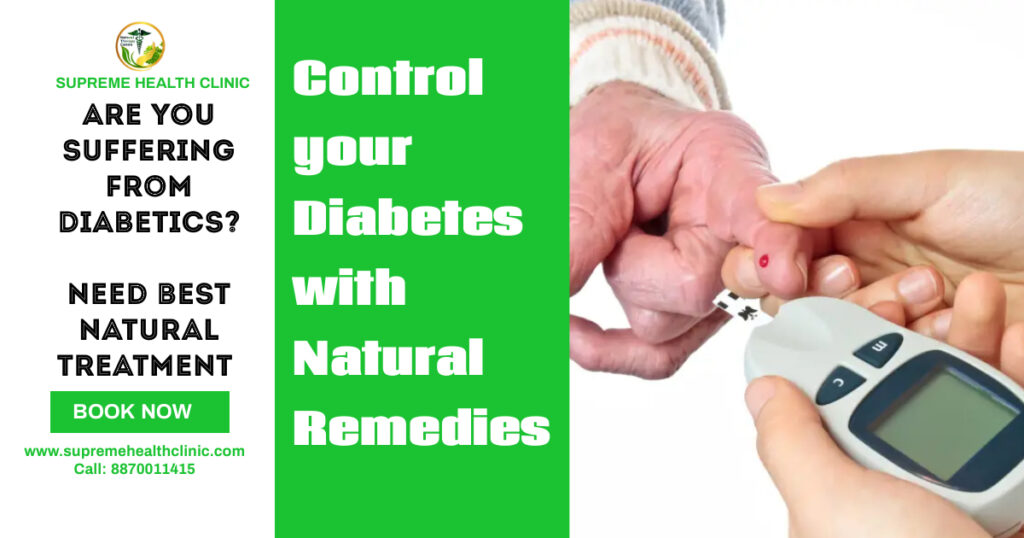Are you diabetic or have any symptoms of diabetes…? Then Natural Therapy can help you to control & cure your diabetes naturally with Natural Therapies. Large number of diabetes patients approach Health Wellness to get Natural diabetes treatment they can’t track down in their urban areas. A few patients are going through conventional medicines and have not seen any outcome, while others simply need to evaluate elective diabetes treatment techniques. Patients accept that the worldwide naturopathy diabetes treatment will treat them with next to no aftereffects and we have never disheartened them, our every patient have their own extraordinary achievement stories.Thousands of diabetes patients approach Wellness to get Natural diabetes treatment they can’t track down in their urban areas. A few patients are going through conventional medicines and have not seen any outcome, while others simply need to evaluate elective diabetes treatment techniques. Patients accept that the regular naturopathy diabetes treatment will treat them with no secondary effects and we have never frustrated them, every patient has their own one-of-a-kind examples of overcoming adversity.



